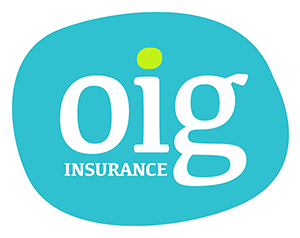One of the first terms you come across when learning about insurance is the word “premiums.” If you don’t know already, premiums are “the price of an insurance policy, typically charged annually or semiannually,” as defined by the Insurance Information Institute. And more often than not, homeowners are seeking to reduce their premiums, so here are a few ways to do just that.
Increase Your Deductible
The Insurance Information Institute defines deductible as “the amount of loss paid by the policy holder. Either a specified dollar amount, a percentage of the claim amount, or a specified amount of time that must elapse before benefits are paid.” As your deductible increases, your premium decreases. If you are financially secure enough, you can choose to pay more for claims out-of-pocket by saving an emergency fund.
Secure Your House
You can employ as many measures as possible to protect your home against natural disasters and break-ins. For example, against hurricanes, you can install shutters over the windows or reinforce your roof. Installing home security devices like smoke detectors, dead-bolt locks, and burglar alarms can also count towards your insurer’s good faith in you. You may qualify for insurance discounts, as a result. Updating your heating, plumbing, or electrical systems may also help.
Ask About Discounts
You could be eligible for discounts you’re unaware of. Ask your insurer, because discounts will vary from state to state. For instance, if you’re 55 years old and retired, you may be qualified for a price break. Additionally, some insurers offer a discount for staying with them a certain number of years.
The factors that influence homeowners insurance premiums are numerous. To gain a more comprehensive understanding of those factors, you can refer to Details You Should Disclose About Your Home and Details You Should Disclose About Your Home: Pt II.
*The information in this article was provided by the Insurance Information Institute.


